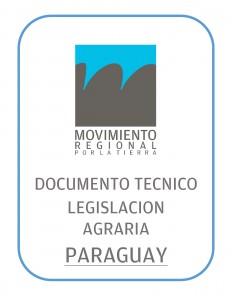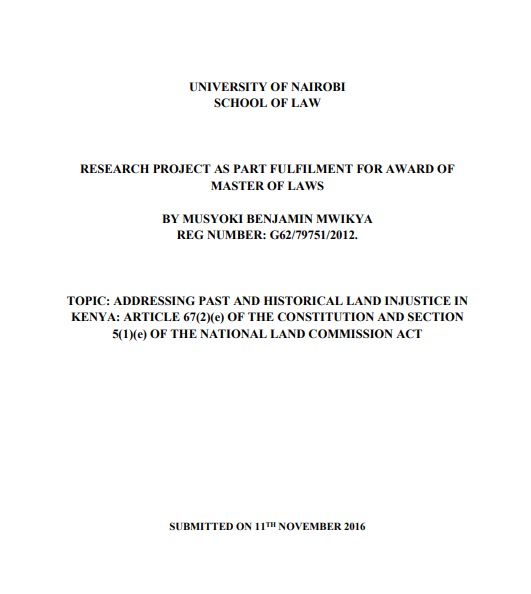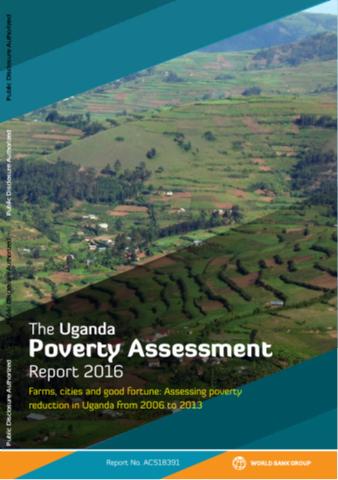Land Reform and Sustainable Development
Land reform, equitable distribution, economic development, environmental quality, land reform strategies, Brazil, Landless Workers’ Movement, East Asia, rural poverty, land productivity, sustainable agriculture, comparative advantage, small farms. Land reform, equitable distribution, economic development, environmental quality, land reform strategies, Brazil, Landless Workers’ Movement, East Asia, rural poverty, land productivity, sustainable agriculture, comparative advantage, small farms.









